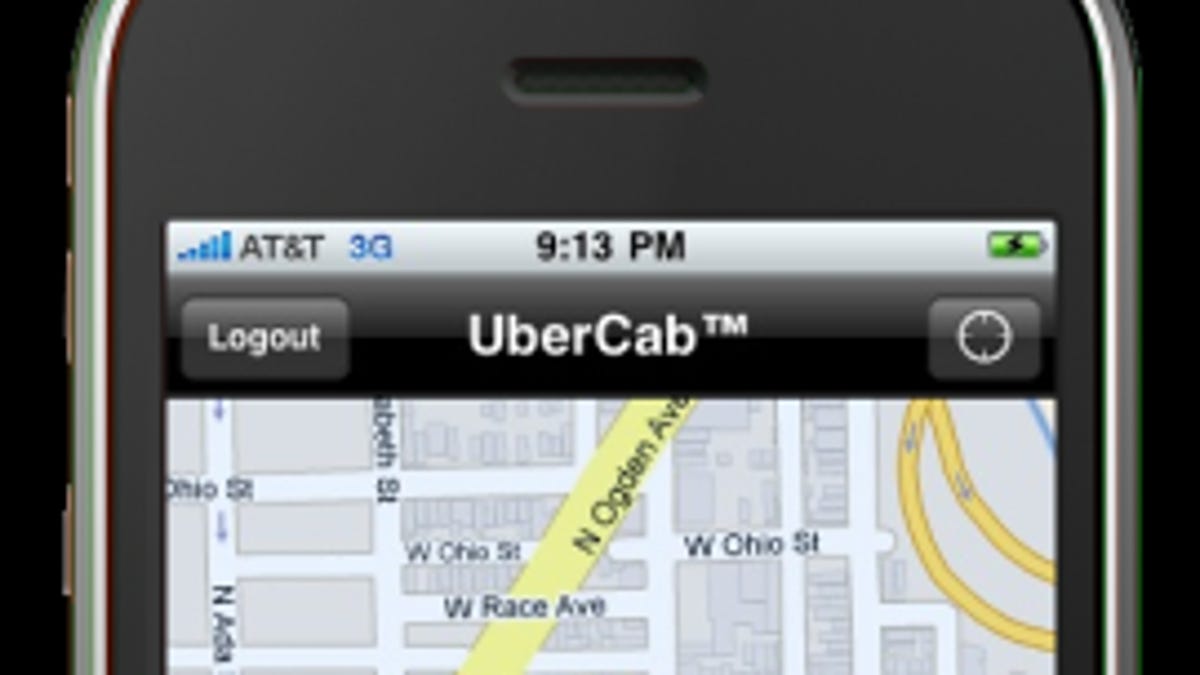Uber on the road to reconciliation in D.C. with new legislation
The embattled car service scores victory with city council's approval of a legislative framework for "digital dispatch" transportation services.

Embattled private car service Uber appears to be making inroads in Washington, D.C.
After a series of conflicts with regulators in the nation's capital, the quickly growing startup that lets people request rides via their smartphones scored a victory yesterday when the city council unanimously approved a legislative framework for "digital dispatch" transportation services.
The "Public Vehicle-for-Hire Innovation Amendment Act" (PDF) amends the D.C. Taxicab Commission Establishment Act of 1985 -- the rules under which taxis operate in the city -- to include a separate class of for-hire vehicles and sedans that operate through digital dispatch and charge by time and distance.
"It will not only improve transportation in the district, but also serve as an innovative model for city transportation legislation across the country," Uber CEO Travis Kalanick said in a blog post today. "We're excited for D.C. and for the dozens of major cities we think will follow its lead."
Kalanick credited Councilmember Mary Cheh, who authored the bill, for her "tireless efforts to craft a pro-innovation, pro-rider piece of legislation."
"It's good for everybody," Cheh told The Washington Post before the council approved the bill. "It fosters innovation and allows the service to operate, but still there are things in place, to make sure the cars are insured, that the drivers are licensed, that there are consumer protections in place."
Uber did not always have such a cordial relationship with city officials. In January, Taxi Commission Chariman Ron Linton accused Uber of "operating illegally" in the city and warned that "we plan to take steps against them."
The two did battle again in July over a Taxicab Commission proposal that would have required sedan car services like Uber to charge at least five times the minimum fare charged by cabs. The commission opted to abandon the proposed legislation.
CNET has contacted the Taxicab Commission for comment and will update this report when we learn more.

